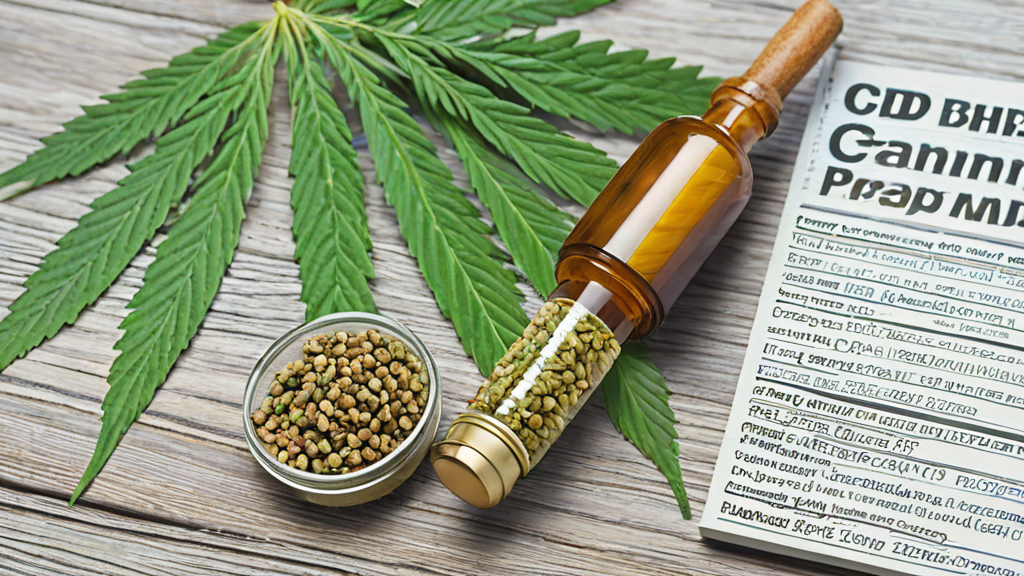Understanding Cannabidiol (CBD)
Cannabidiol (CBD) has gained significant attention in recent years for its potential health benefits. Derived from the hemp plant, CBD is a non-psychoactive compound that offers a range of therapeutic properties. Unlike its cousin, marijuana, CBD does not cause a ‘high’ and is safe for consumption.
The Difference Between CBD, Marijuana, Cannabis, and Hemp
To understand CBD better, it’s important to differentiate it from marijuana, cannabis, and hemp. While CBD is an essential component of medical marijuana, it can also be derived directly from the hemp plant or manufactured in a laboratory. CBD does not cause any psychoactive effects on its own, making it a safe and legal option for those seeking its potential health benefits.
The Legal Status of CBD
The legal status of CBD varies across different regions. In the United States, CBD is readily available in most states, although its exact legal status may vary. The Farm Bill of 2018 made hemp legal in the United States, removing hemp-derived products, including CBD, from the Controlled Substances Act. However, it’s important to note that CBD derived from cannabis (marijuana) is still subject to legal restrictions in some areas.
The Potential Health Benefits of CBD
CBD has shown promise in treating various health conditions. The strongest scientific evidence supports its effectiveness in managing childhood epilepsy syndromes, such as Dravet syndrome and Lennox-Gastaut syndrome. In addition, CBD may help reduce anxiety, improve sleep quality, alleviate chronic pain, and assist in addiction recovery. While further research is needed to fully understand its therapeutic potential, CBD offers a promising option for those seeking alternative treatments.
Safety Considerations for CBD
CBD is generally well-tolerated, but it may cause some side effects such as nausea, fatigue, and irritability. It’s important to consult with a healthcare professional before using CBD, especially if you are taking other medications. CBD can interact with certain drugs, affecting their effectiveness. Additionally, as CBD is primarily marketed as a supplement, its safety and purity are not regulated by the FDA. Therefore, it’s crucial to choose reputable sources and products to ensure quality and accurate dosing.
Different Forms of CBD
CBD is available in various forms, including oils, extracts, capsules, patches, vapes, and topical preparations. The choice of CBD product depends on the desired effects and personal preferences. For localized pain relief, topical CBD-infused oils, lotions, or creams can be applied directly to the affected area. Alternatively, CBD patches, tinctures, or sprays placed under the tongue allow for direct absorption into the bloodstream.
Conclusion
In conclusion, CBD offers a range of potential health benefits and has gained popularity for its therapeutic properties. As research continues to unfold, CBD may prove to be a valuable option for managing various health conditions. However, it’s important to exercise caution, consult with a healthcare professional, and choose reputable sources when using CBD. By doing so, individuals can maximize the potential benefits of CBD while ensuring their safety and well-being.
